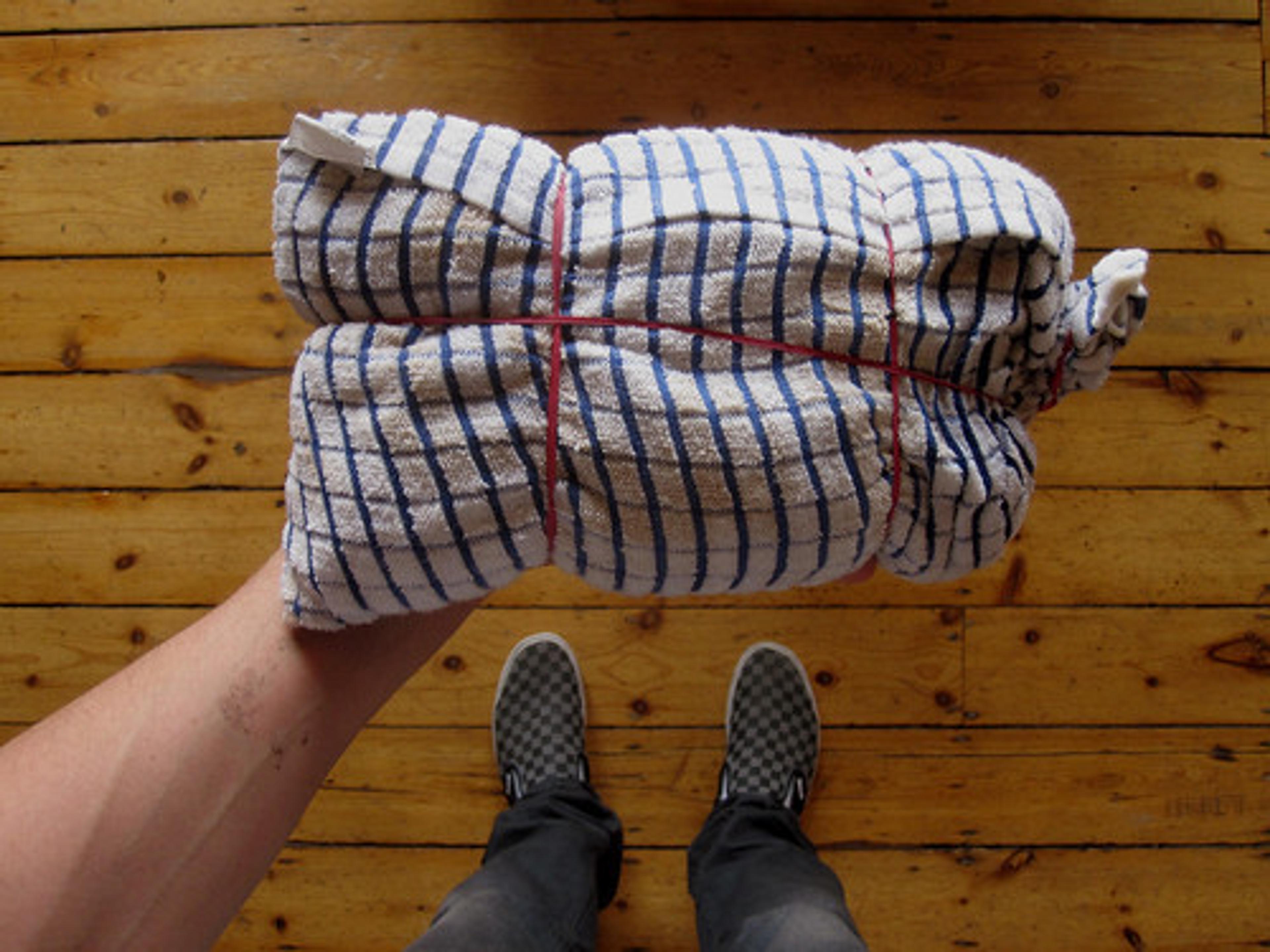Are we talking about the same ICE pack?
| 3 min read

Every home should have an ICE pack. It’s best served in a laundry room or by the front door in a dry, easily accessible area. Probably not the ice pack you’re thinking of then, right?
That’s because this ICE pack stands for “In Case of Emergency.” (ICE). Heading off to urgent care or, if it’s unavoidable or life threatening, the ER, is never fun but being prepared to do so is still really important. Having an ICE pack can help provide a more comfortable medical experience, alleviate the likelihood of items becoming lost and help ensure correct information passes from doctor to doctor. From paperwork to medication lists, bringing a unique ICE pack to a medical care space could make a life-saving difference.
The best part about this resource is that it can hold whatever you want it to. The most helpful supplies help in ways that are personal. If you predict something happening to you or your loved ones, it’s a safe bet to add it to the pack. Here are some ideas to get you started:
- Emergency forms- If you have kids or elderly loved ones, there is the likelihood that they will not know their emergency information. Set aside some time together to make lists describing any allergies, medical prescriptions, unusual afflictions and other important information to pass on to doctors.
- Hand sanitizer wipes- Disinfecting gel works great on hands, but is usually prevalent in hospitals and ERs. Use disinfecting wipes to clean both people and medical surfaces as you see fit.
- Plastic bags- It is amazing how much gets left behind in various patient rooms. Bring five small, medium and large plastic bags for smaller valuables that can get tucked into your ICE pack.
- Notepads and pens- Medical professionals can ramble off jargon that can be understood, but also forgotten. Write down important information in case you need to research or recall it later.
- Crossword games and puzzles- Even if a doctor quickly sees you, running tests always takes time. Chances are you will become bored. Bring puzzles and non-electronic items (certain hospitals allow electronics while others do not) to keep you busy. Don’t forget your cellphone charger too, just in case.
- Snacks- Vending machines are often salty and overpriced. Pack some nonperishable snacks like dried fruit or whole wheat crackers to tide you over until a real meal becomes available.
- The pack itself- Again, this bag is what you make it. Having it personalized or easy to open and close increases its value to your family and will ensures that it isn’t later left behind.
What essentials do you keep in your ICE pack?
Photo credit: Moff





